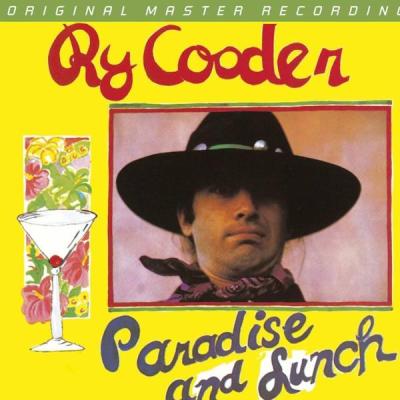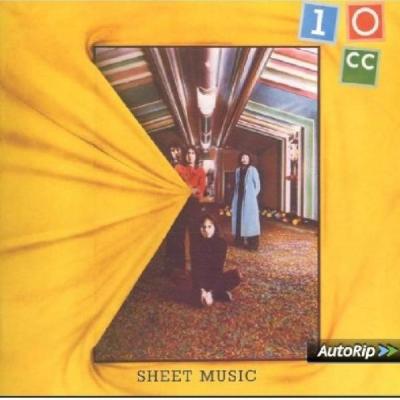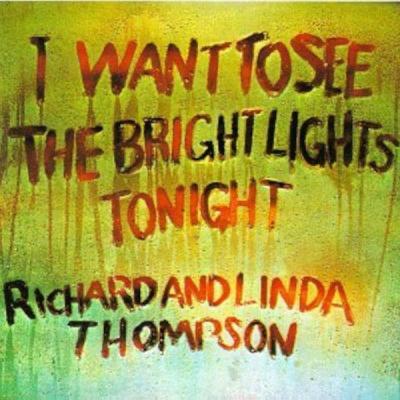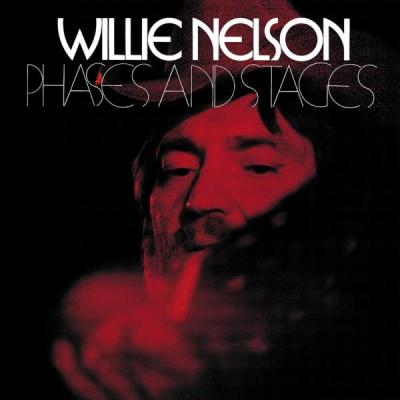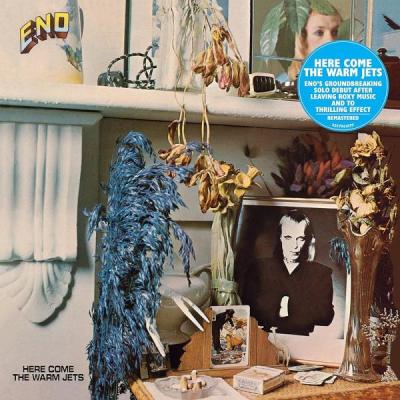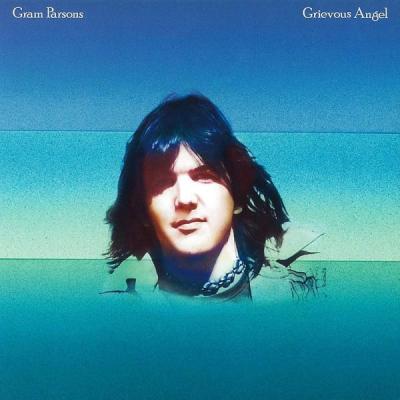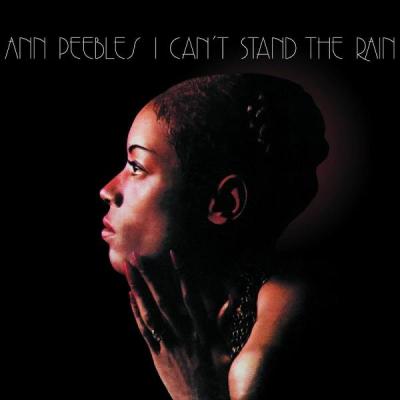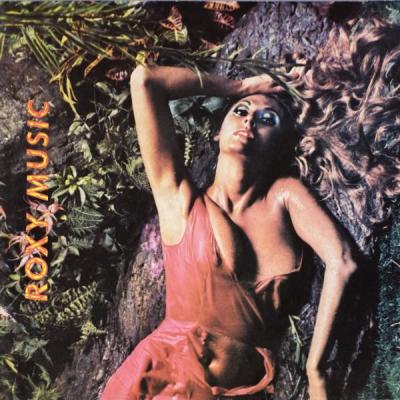

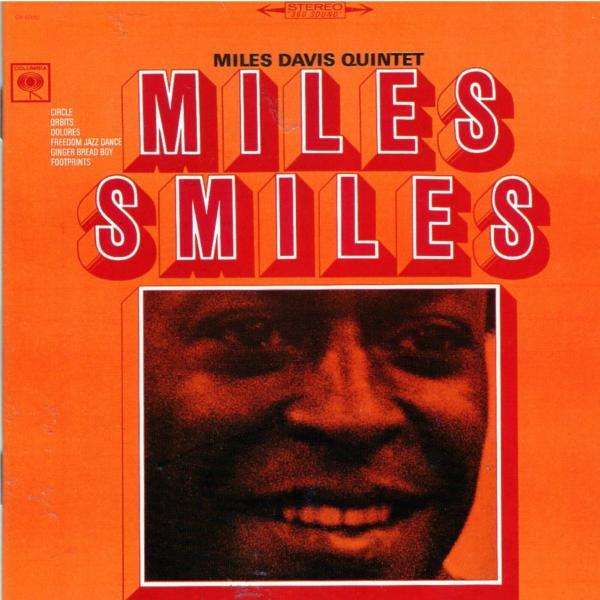
Miles Davis: Miles Smiles
Album #73 - January 1967
Episode date - November 30, 2016
In 1967, each of the following three statements were true;
- Miles Davis was the most prominent and well-known jazz artist at that time.
- His ‘second quintet’ made some of the most astounding recordings ever attributed to Miles Davis.
- The albums recorded by this quintet never sold enough copies to get represented on Billboard’s Top 200 albums list.
What is wrong with that picture? The most famous face in jazz makes what may qualify as the best music of his career, and it doesn’t sell? Such was the state of jazz as the post-British Invasion sixties progressed, with psychedelic undertones burbling to set yet another new direction for music trends. Davis didn’t follow trends, he created them, so the stuff that the public sought out did not influence his direction at all.
“Miles Smiles” comes from a period of his career that many jazz neophytes tend to overlook. A great deal of attention is spent on Kind of Blue, Sketches of Spain and Bitches Brew – all deservedly so – but each of them represents only a portion of Davis’ range. Of all the stylistic changes that Miles Davis undertook, few had been as adventurous and rewarding as the work he created with his second ‘classic’ quintet lineup, featuring Wayne Shorter on saxophone, Herbie Hancock on keyboard, Ron Carter on bass and the explosive Tony Williams on drums. Top that band, or better yet, save your energy, because we are talking about what may qualify as the best amalgamation of players to assemble for a small band session, ever.
Unlike the most popular works of Miles Davis, this is not easy listening music, not by any means. The music created by this quintet is challenging and demanding, which is precisely why it is so extraordinary. Repeated listening continues to pay dividends, in spades. Difficult, angular arrangements constantly veer off into ingenious, mind-boggling directions. Following the supple movements of this rhythm section is about as difficult as chasing a kitten, but soloists Davis and Shorter (and Hancock, too, who is a major component of the rhythm section and a startling soloist as well) never seem to lose their footing. It is jazz music as an intricate game of prodding and suggestion, able to go in virtually any direction, because all five members listen to each other with an intensity that most musicians could only aspire to. Davis may have avoided mainstream success with “Miles Smiles”, but his restless nature led him and his quintet into uncharted territory that still sounds like state-of-the-art jazz all these decades later.
January 1967 - Billboard: Did Not Chart
Related Shows




